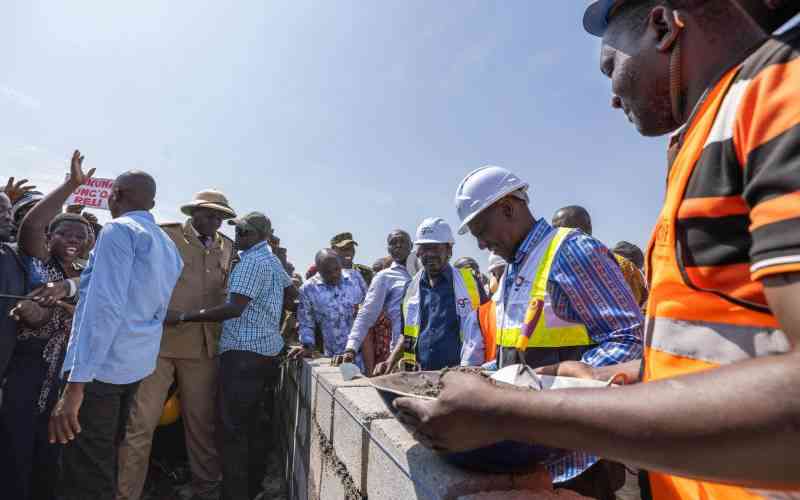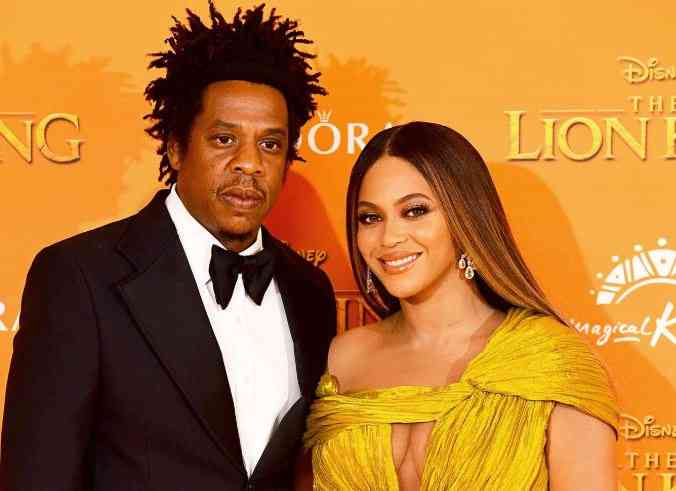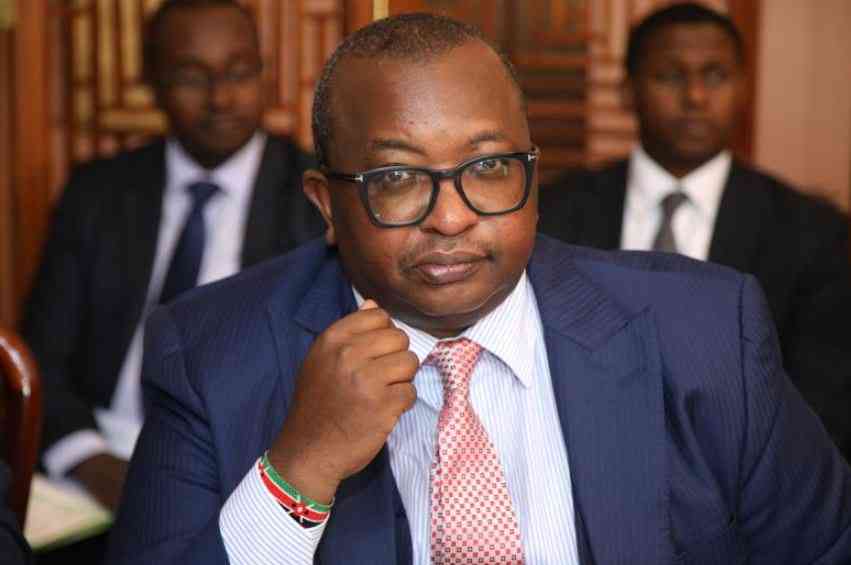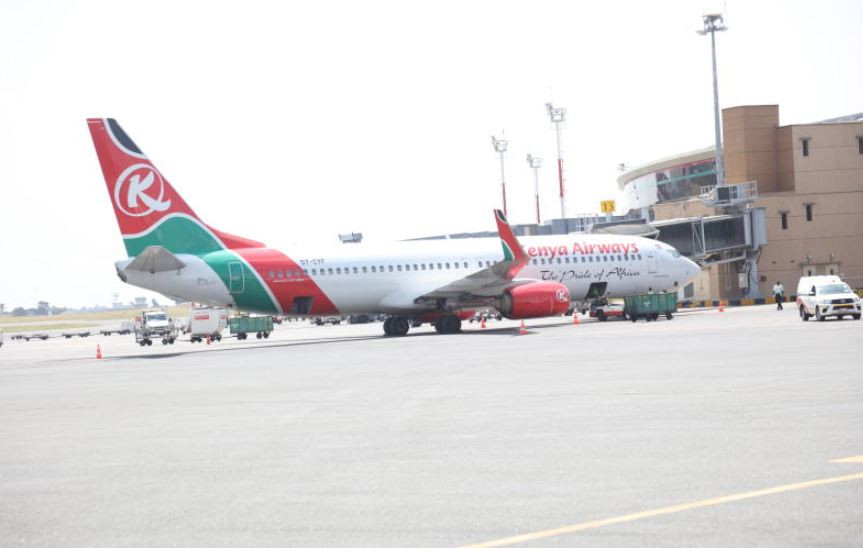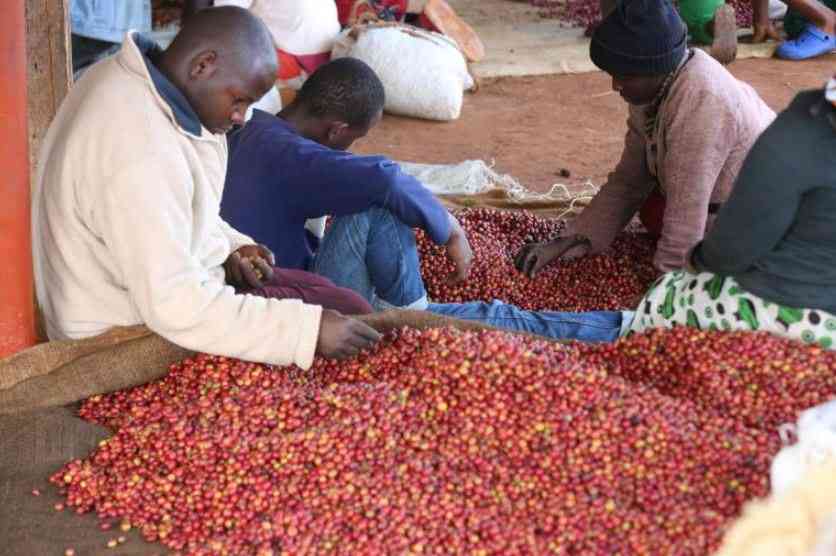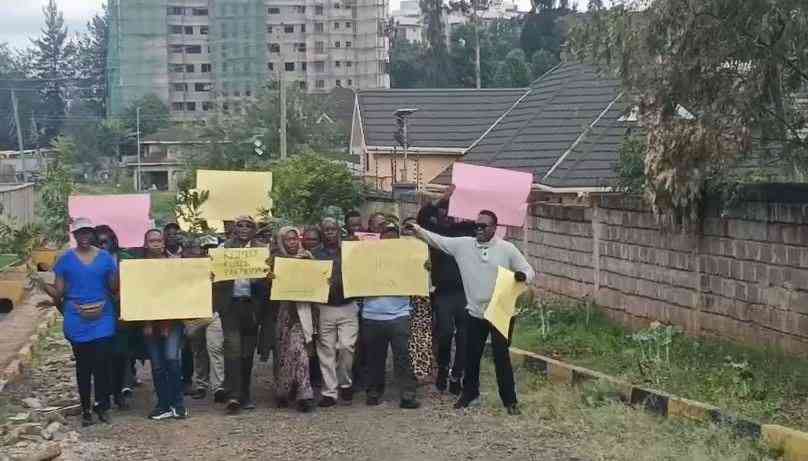×
The Standard e-Paper
Join Thousands of Readers
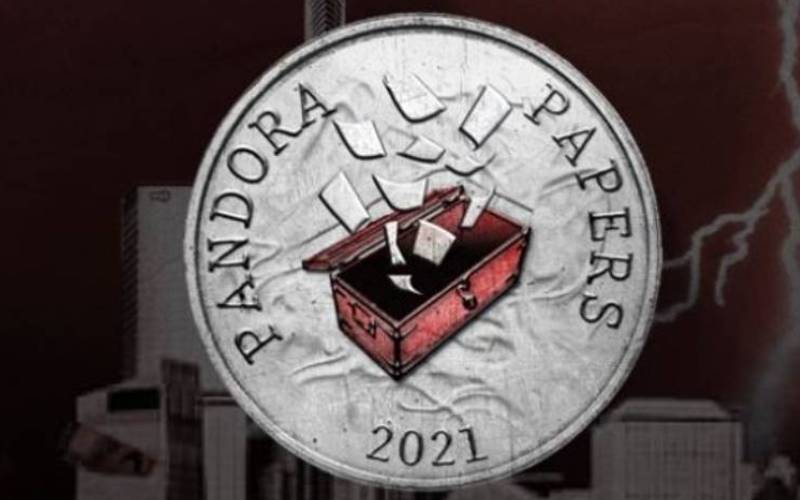
The World Bank estimates that $1 trillion of illicit money moves around the world each year. [Courtesy]
That we delight in a less-than-nutritious diet of politics seasoned by sordid expressions of partisanship and personality contests was demonstrated by the lack of moral indignation over the Pandora Papers’ leaks.
